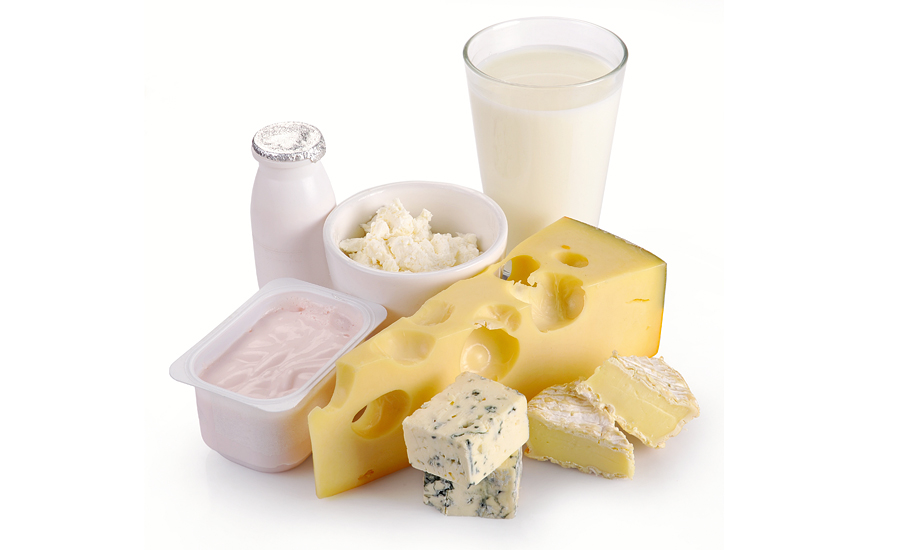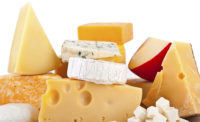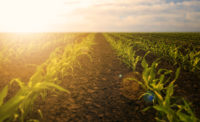The Bel Group, France, announced plans to accelerate a sustainable growth strategy, making a commitment to contribute to a positive food business model and create responsible and profitable growth. Furthermore, the new company signature, “For All. For Good,” illustrates the transformation to positive, innovative and accessible brands.
To open the path to sustainable food, Bel is extending its offering beyond cheese and fruit products, and will now develop hybrid products that integrate dairy and plant-based raw materials. As early as 2020, Bel will offer recipes that combine dairy raw materials with vegetables or leguminous plants.
“Food for all has been in Bel’s DNA from the start, thanks to our single-serving portions model, on which our unique product portfolio is based,” says Cécile Béliot, executive vice president for strategy, growth drivers and markets. “Our success is built on a determination to make dairy goodness accessible to families all over the world, and our goal today is to go further by inventing new products and offering consumers inclusive and responsible brands.”
Bel is also committed to an ambitious program to address continuous improvement of the nutritional profile of its recipes, sustainable farming, recyclable and/or biodegradable packaging, the fight against climate change and accessibility to its products.
These commitments are subject to improvement plans:
- Constantly improving recipes for shorter ingredient lists and optimizing product nutrition profiles. Over 180 recipes have been optimized since 2012. Bel also announced the elimination of all artificial flavors and colorants in its products by 2021.
- Achieving packaging that is 100% recyclable and/or biodegradable by 2025. Today, 81% of the packaging used by Bel can be recycled or is biodegradable.
- Achieving carbon neutral status for operations by 2025. In 10 years, Bel has cut the greenhouse gas emissions of its operations by 59%. In 2017, it joined the Science Based Targets initiative (STBi) aimed at lowering the greenhouse gas emissions of its entire value chain to help meet the targets of the Paris Accord.
- Fostering sustainable dairy farming. Bel is rolling out an international charter to all its dairy production basins by 2025. The charter provides guidelines for the evolving practices of the group and its partner dairy farmers to promote, for example, GMO-free feed for dairy herds, pasture grazing and new farming business models.
- Bel’s “Sharing Cities” program is deploying inclusive distribution business models to offer more affordable products without compromising nutritional quality or the sustainability of the supply chain.
“Bel’s DNA is not changing, but our transformation is accelerating. Our new signature symbolizes our commitment and the sustainable business model we are building together,” says Antoine Fiévet, chairman and CEO. “For behind ‘For All. For Good’ stand 12,600 employees in over 30 countries who are united in their efforts to build a different company — a company that constantly and positively interacts with the world.”


